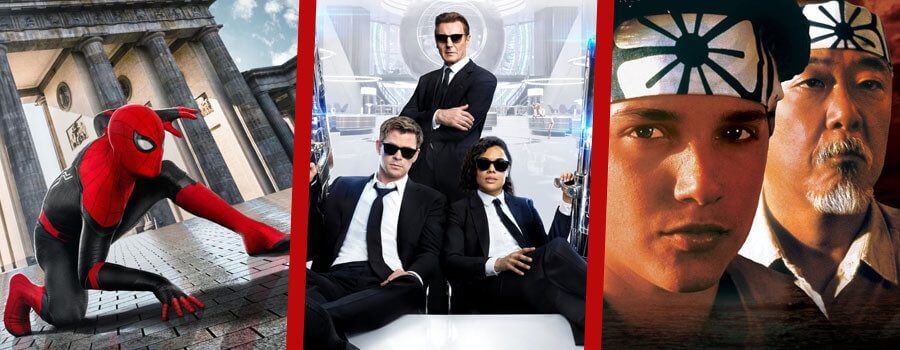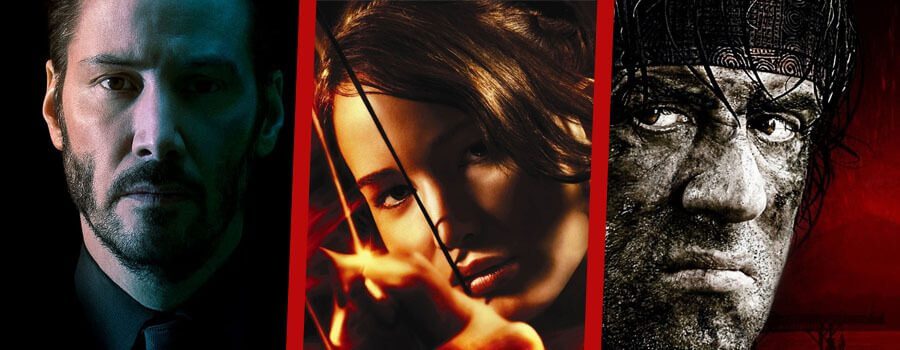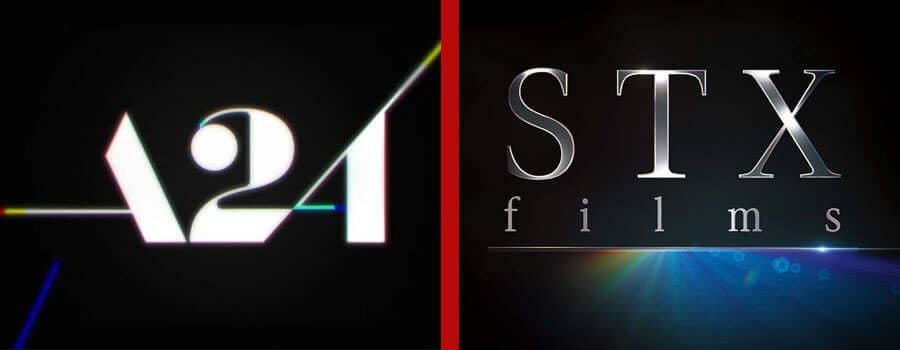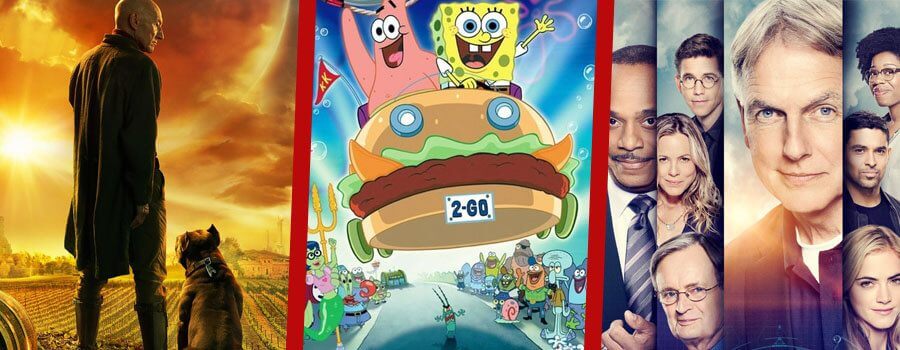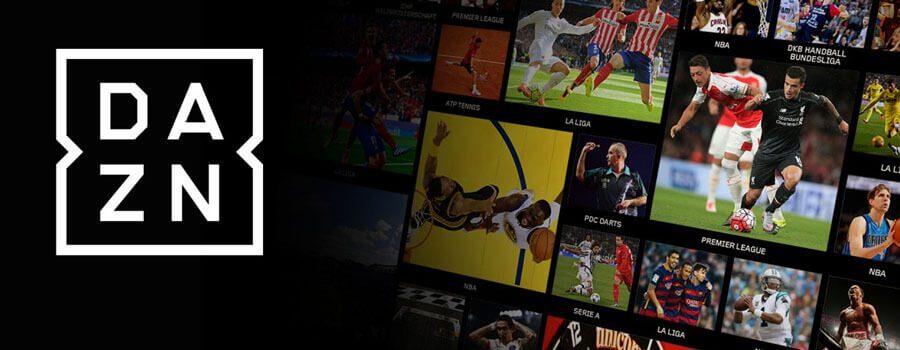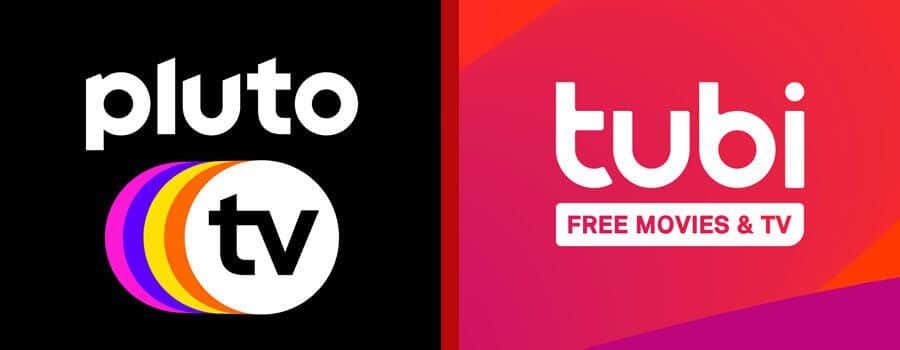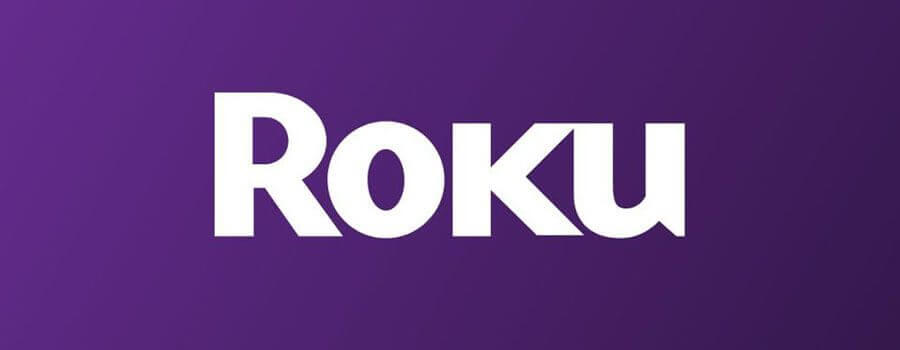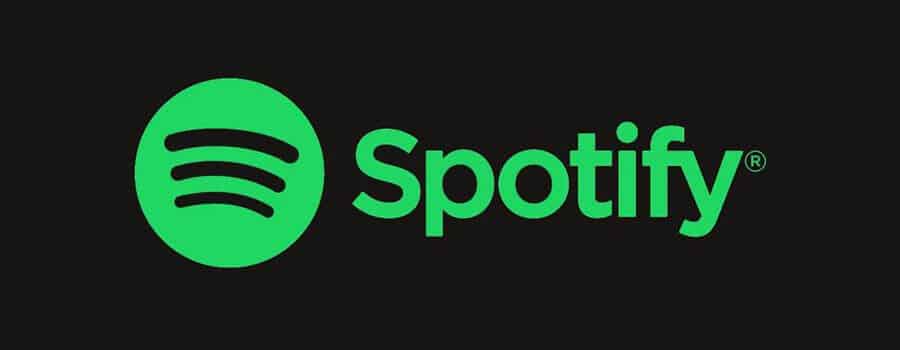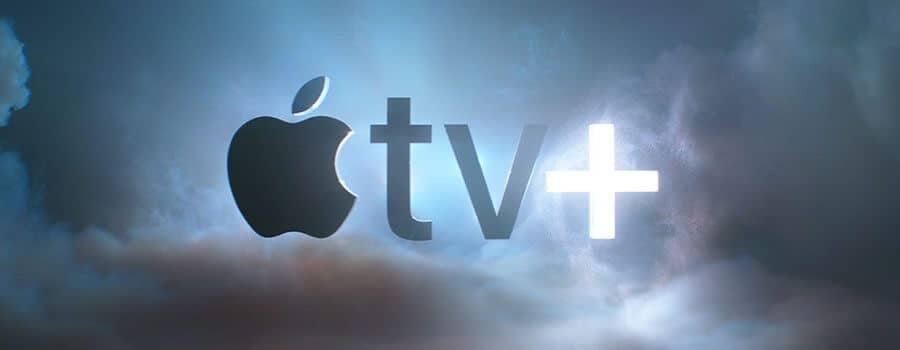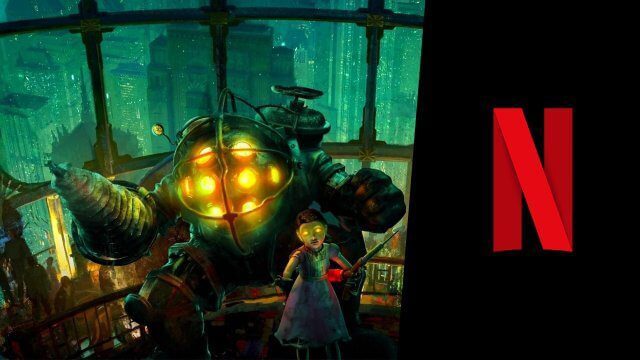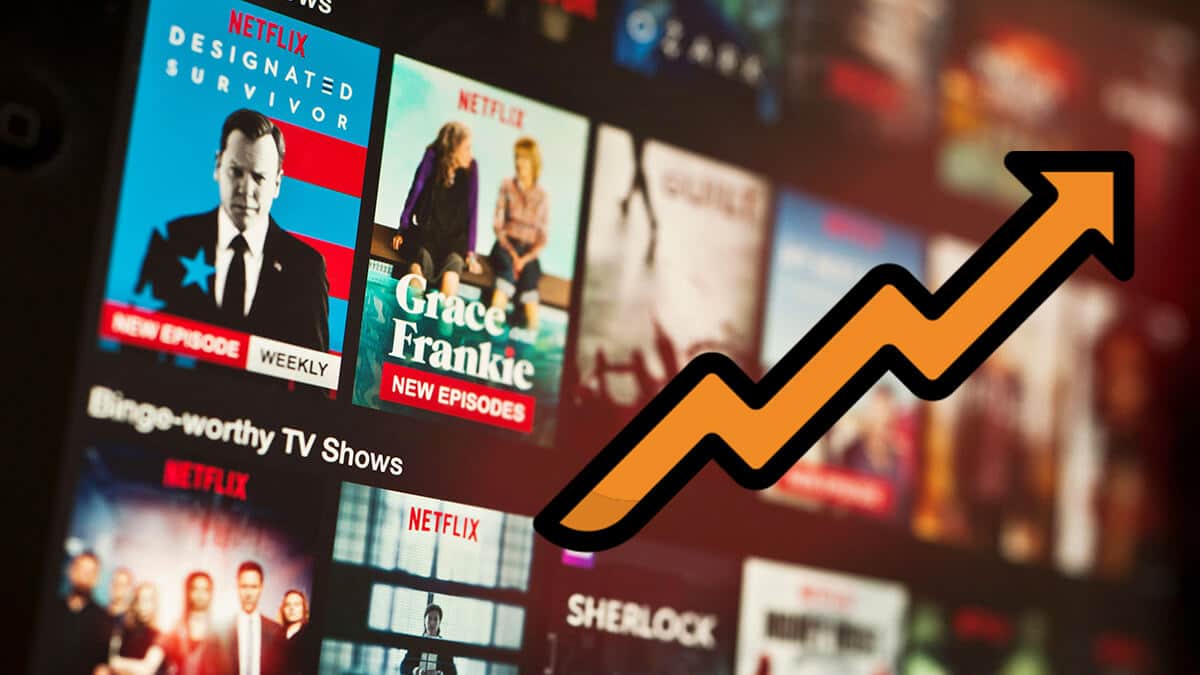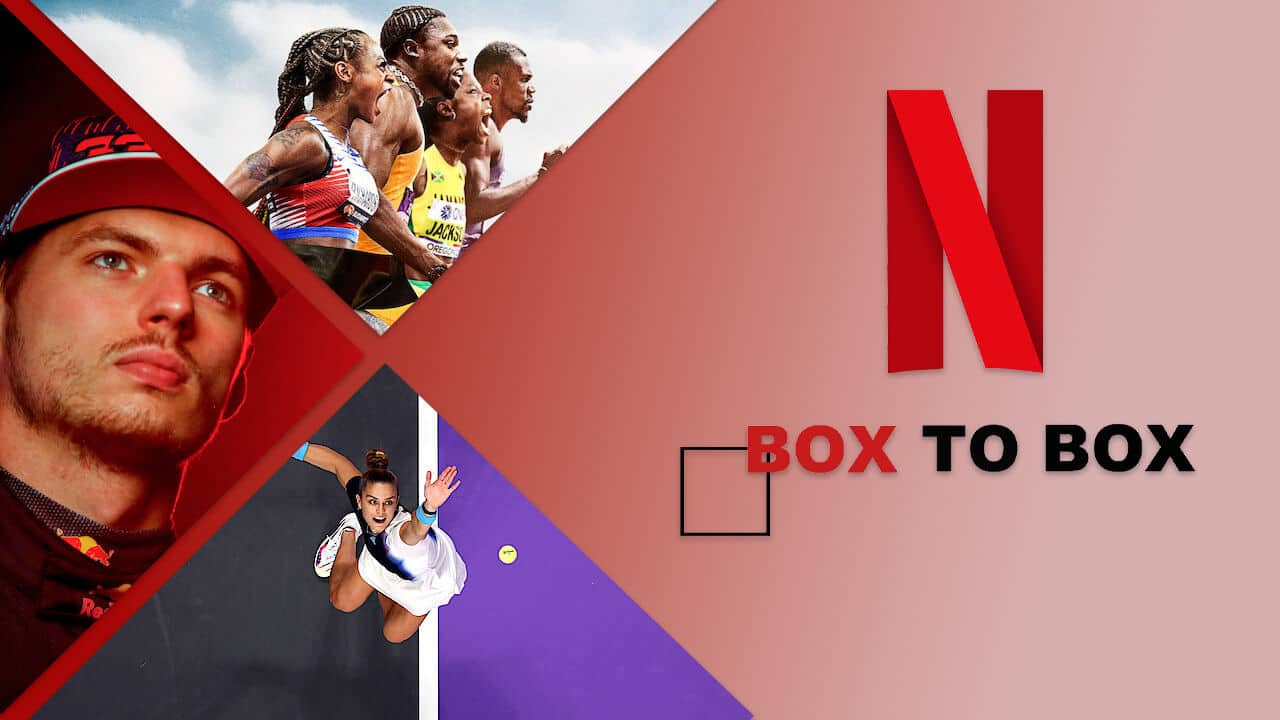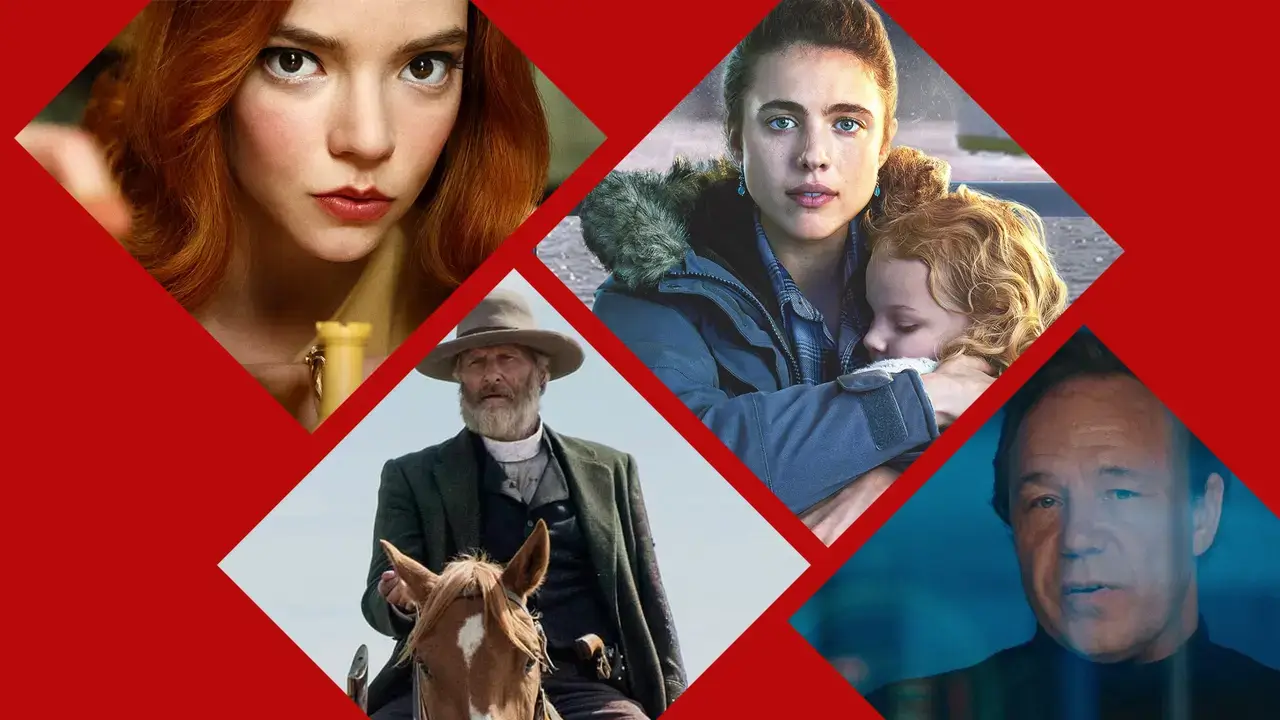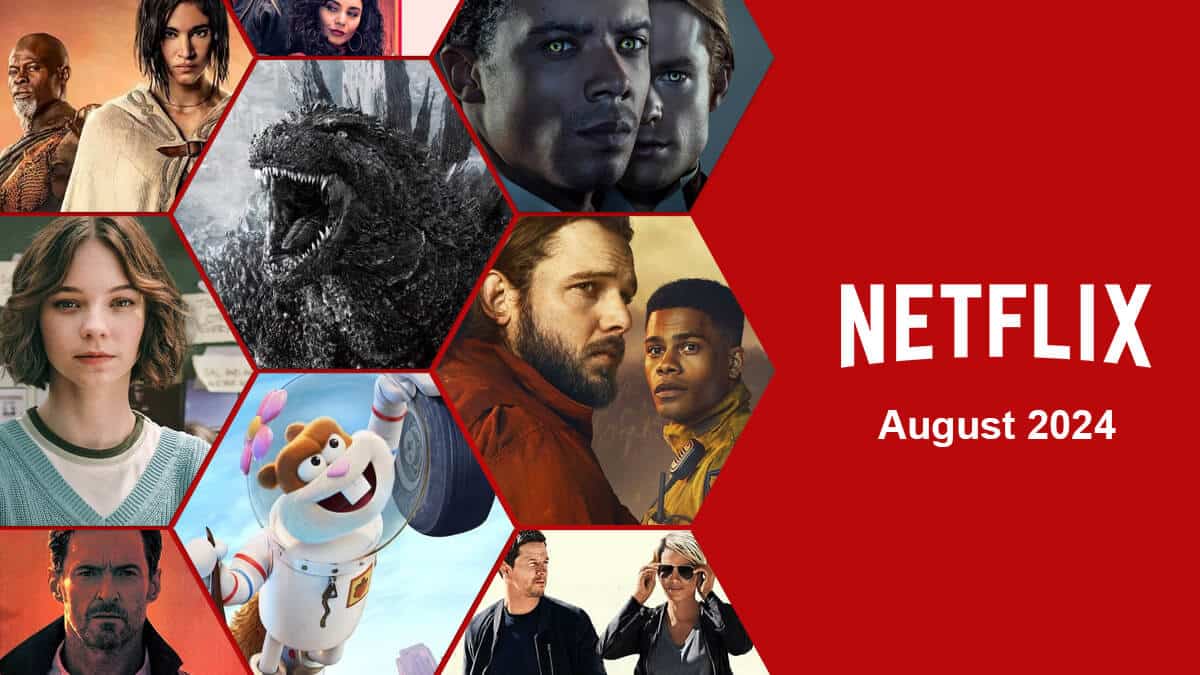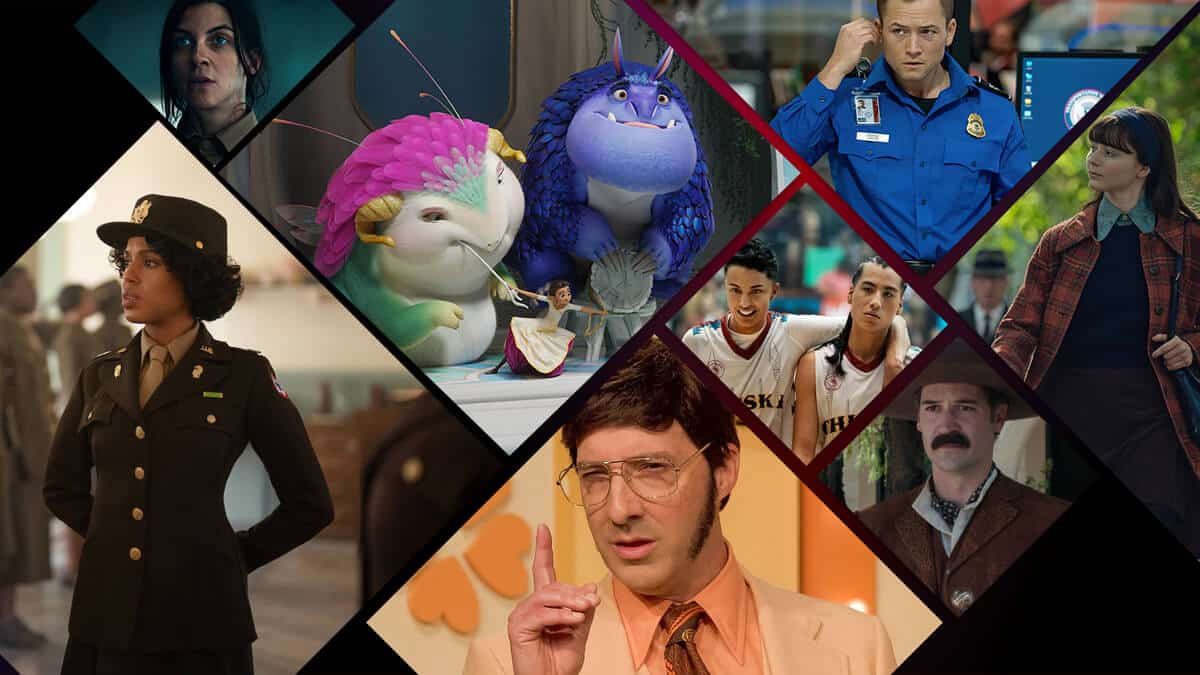
We welcome back The Entertainment Strategy Guy for the second part of a two-part series looking into mergers and acquisitions as it pertains to Netflix. In this part, they’ll be taking a look into 9 targets for Netflix to either acquire or merge with including plenty of obvious candidates but a few surprises.
My last article was a warning to all those looking to sail the “mergers and acquisitions” (M&A) waters searching for buried treasure: it ain’t easy. Bad strategy sharks and paying-too-much pirates are lurking over every wave. Still, if you seek glory in buying other, usually smaller companies, fine, I’ll give it you a map to find M&A treasure.
The topic is too damn sexy to ignore.
I’ve broken potential Netflix merger and acquisition options into four buckets: Film, TV, Wildcards, and “Being Acquired”.
Film Studios
Why would Netflix want to own a movie studio? Two reasons, one Netflix would likely accept and one that they wouldn’t. First, buying an entire library of historical content is probably cheaper than building it from scratch. When Disney bought Fox, for example, they didn’t just get the future films, but they got the Predator, Avatar, and Aliens franchises. And the rights to rerun them on their streaming services until the end of time.
The reason Netflix wouldn’t agree with—but maybe should—is that even mighty Netflix could learn a thing or two from the traditional studios. Of course, Netflix has shown they can make lots of good movies too—Bird Box, Extraction, Enola Holmes—but arguably even their top films wouldn’t be blockbusters at the box office. (Again I don’t think Ted Sarandos would buy this.)
Sony Pictures
The Logic
Sony is the last of the “six majors” that doesn’t have its own streaming platform (fine, they owned Crackle, but most folks don’t know what Crackle is…). They have a deep library and Netflix just licensed their films for years in the future. If you’re already paying that much, you might as well own the studio.
The Downside
Sony doesn’t have a streamer because its IP is probably the weakest of the major studios. Moreover, its best IP is rented from Disney (Spider-Man via Marvel). Moreover, even if Netflix bought Sony, Disney just bought all the library windows Sony didn’t sell to Netflix, meaning Netflix would have to wait 5 years to control the entire film library again.
The Price Tag
It’s a bit tougher to speculate since Sony Pictures is owned by the Sony Corporation so doesn’t have a clean market capitalization to compare. Based on analysis I’ve read, and including the TV business, I’d put the range at something like $5-10 billion. (Though if a true buying process opened up, they probably have the most room to grow in this valuation.
Lionsgate
The Logic
After Sony Pictures, Lionsgate is the highest-grossing studio available on the open market. Lionsgate is “technically” a mini-major—meaning a studio not considered one of the big six in the 2000s—but some years in the 2010s, particularly during the run of The Hunger Games/Twilight, it actually bested some of the majors in domestic box office spending. Owning Lionsgate would mean adding a few big franchises to Netflix’s coffers, including The Hunger Games, Twilight, Saw and John Wick series.
The Downside
Lionsgate owns Starz, which is increasingly prominent as a streamer in its own right. If Netflix bought Lionsgate, it’s unclear what, if anything, it would do with Starz. Netflix would likely spin it off—a tough sell without Lionsgate attached—or shut it down—which means paying for an asset you plan to kill. Also, while Lionsgate does have some franchises, it only has twenty years of films, which is smaller than most of the major studios.
The Price Tag
Since Lionsgate is publicly traded, we can look up its stock price directly. In this case, it currently has a market capitalization of $3.2 billion (as of May 10th), so put the range at $3-5 billion, with again a chance for a bidding war to push prices up.
MGM
The Logic
Frankly, MGM is a zombie studio. They aren’t a major studio anymore with no studio lot and a tiny share of the annual box office. Their biggest claim to fame is the James Bond franchise, but they don’t fully-own that, as they produce the films with Eon Productions. They do have a historic legacy and, with that, some library titles. I’ll admit, this is a weak rationale to argue Netflix should buy them! Probably the best thing going for MGM is that its private equity owners would like to sell them to get a return on buying the distressed assets.
The Downside
It turns out MGM doesn’t own as much of their catalogue as they think, having sold big portions in past decades during times of bad cash flow. In particular, MGM sold the two crown jewels of the 1930s, The Wizard of Oz and Gone with the Wind, to Ted Turner in 1985, meaning most historic titles are owned by AT&T/Warner Media.) Like Lionsgate, MGM also owns EPIX, a legacy cable and streaming business.
The Price Tag
MGM is currently privately held, which makes speculating on their price tag a little tougher. As recently as 2020, rumors swirled that Apple looked at buying MGM and the price was around $5 billion. This could be high, depending on the assets MGM still owns, but is a good starting point.
Smaller Film Studios
There are quite a few smaller studios and production houses that could add to Netflix’s catalogue, from A24 to STX Entertainment to countless others. The appeal is Netflix would immediately gain an expanded distribution capacity if they plan to keep releasing films in theaters, like the Army of the Dead, which is debuting in Cinemark theaters this week.
The Verdict?
What’s is the likeliest acquisition of the film bunch? I’d put it at a near tie between Sony and Lionsgate. Both have different things going for them.
Sony comes with a much higher price tag, but also a much deeper library, including TV and film. Put it like this: if Netflix is already paying $500 million over the next few years to rent Seinfeld and maybe $1 billion to rent Sony’s first window movies, why not pay five times as much to own the studio and its catalog forever? Toss in the fact that Sony (the conglomerate) has been rumored to want to sell for years, and this isn’t a stretch. While it would take time to wind down licensing deals, that isn’t an insurmountable hurdle.
That said, it’s pricey, which is where Lionsgate comes in. If Netflix could add Lionsgate for only $5 billion, that’s less than 2.5% of their current market capitalization. Even today, Lionsgate is probably the “pound for pound” most valuable film acquisition.
Television Studios
Similar to film, Netflix produces a lot of TV, so buying one of the major TV studios could help expand that footprint. Arguably library television shows like NCIS, Breaking Bad, and House Hunters are even more valuable than library films.
ViacomCBS
The Logic
Frankly, it is amazing we’ve gotten this many words in and I haven’t mentioned selling ViacomCBS yet. When it comes to the M&A speculation, ViacomCBS is the target everyone wants to sell. ViacomCBS should merge with Verizon! Or Amazon! Or Apple! Or break up again! The appeal is that ViacomCBS has tons of great assets (Paramount with Mission Impossible and Star Trek, CBS’s channel and library, live sports) and most analysts think they are poorly run, which provides a value creation opportunity. If Netflix could own ViacomCBS, they could add tons of valuable content to their coffers.
The Downside
Well, CBS is huge. Not in terms of stock price or market capitalization, but in terms of assets, channels, distribution and people. Engorging a company of this size would take Netflix’s focus for the next few years. Meanwhile, the right question would be if Netflix could focus on incorporating their assets while winding down the cash flows of ViacomCBS’ legacy businesses. Not to mention, what do you do with Paramount+ post-merger? While studios often claim synergy when buying competitors, more often than not, the mergers don’t result in efficiencies.
The Price Tag
ViacomCBS has a market capitalization of about $25 billion. But it has gone on a roller coaster of a year, with stock price as high as $101 dollars to as low as $10 in the period between March 2020 and March 2021, meaning their “value” has swung from $6.5 billion all the way up to $65 billion. Right now, they’re trading about where they were when they merged, at around $40 a share.
Discovery
The Logic
I’ve been advocating that Netflix purchase Discovery for years now. The logic here is the same as others—cheap content—but instead of focusing on buzzy scripted originals, focus on the mindless, reality fare that makes up a huge chunk of viewing on TV and streaming. Discovery has oodles of that and they’ve been aggressively pushing their wares on Discovery+, which launched in January. Discovery itself has bulked up, having bought rival unscripted cable conglomerate Scripps in March of 2018.
The Downside
Well, now this deal can’t happen. A pre-Warner Media Discovery was viable, but now they’re probably too large and unwilling to do a merger with Netflix, unless Netflix overpaid tremendously. (If you read yesterday’s article, I had finished this article before the merger news of last week.)
The Verdict?
Going into this, I thought TV would be the better content opportunity, but with all the complicated additions of cable and streaming, I don’t really see it. Not to mention, the TV landscape is much more consolidated than film, with most of the best assets in giant rival streamers like Disney, Comcast, and AT&T. If Netflix could buy a library on its own, I think they would jump at that, but it doesn’t really exist.
The best option, though, is still Discovery. Its streamer is young enough that Netflix could add in all its content and subscribers fairly easily. Meanwhile, getting $10 billion per year in additional revenue isn’t terrible to help fund all their production.
One concern with both TV and film, though, is if a bidding war ensues. All these prices are current valuations. If rumors leak that Netflix is looking seriously at Sony, Lionsgate, Discovery or ViacomCBS, Amazon and Apple could gauge interest too, rising prices for everyone. Consider these starting points.
Wildcard Acquisitions & Mergers
If Netflix decides to look past content, they could bulk up their distribution (mostly streaming) or they could diversify into other types of streaming content.
DAZN
The Logic
If Netflix’s goal is to be TV, one of the glaring weaknesses in their portfolio is live events, especially sports. Not that Netflix doesn’t realize the value of live sports—they regularly run sports documentaries like The Last Dance or Formula One: The Drive to Survive—but their “on-demand” platform just doesn’t work well for actual games. Moreover, with very little live streaming, Netflix would need to build the programming capability in house. Buying a streamer like DAZN solves that problem.
The Downside
Sports is a double-edged sword. While Disney grew fat off ESPN’s customer fees in the 2000s, they sent a lot of that revenue right back to the sports leagues to buy the rights. (Sports rights are rising at 5% per year.) In this way, sports are a bit of a hamster wheel, as you have to keep paying more and more to keep sports rights. Also, DAZN is currently losing money—reportedly $1-1.5 billion per year on $300 million in revenue—so buying DAZN could push off cash flow positivity well into the future.
The Price Tag
DAZN’s is privately controlled by billionaire Len Blavatnik, who has funded its losses so far. They have sought outside funding twice—including up to $1 billion last year—but didn’t close any deals. This means the value for this firm could vary wildly, depending on how different companies view its potential and its rumored 8 million global subscribers. Call it anywhere from $2 billion to $20 billion, depending on their financials and an acquirer’s vision of future growth.
(Relatedly, FuboTV is a virtual bundle of channels focused on sports. They’re one of the lone independent streamers out there and are publicly traded, currently at a value around $2 billion market capitalization.)
Try to Find a “FAST” To Buy
The Logic
Last week, news leaked that Netflix was unveiling a “play now” button to quickly play content for folks frustrated with the “endless” scroll. This is Netflix responding to the rise of “FASTs”, free, ad-supported, streaming TV services like PlutoTV, Tubi or Xumo. These companies provide a convenient channel guide like cable TV of old, and countless reruns. Buying one of these companies could provide Netflix a vehicle to deliver advertising (which Wall Street desperately wants) and live TV in one go.
The Downside
A lot of the leading FASTs have already been purchased. (ViacomCBS owns Pluto, Fox owns Tubi, and Comast owns Xumo.) Further, some tech companies have a head start on Netflix, with Amazon having IMDb TV, Comcast having Peacock, and Roku having The Roku Channel, all free, ad-supported services.
The Price Tag
It would depend on the company, but many of the FASTs sold for hundreds of millions of dollars a few years back, which feels eminently cheap in current terms. Likely, though, the adoption of streaming has raised these prices, and most of the leaders in free-streaming have already been purchased. Netflix could potentially pry one loose if they over-pay Fox for Tubi, for example, but scanning the field there are no obvious FAST plays left. (Or they could buy ViacomCBS and get Pluto in the deal.)
Roku
The Logic
The distribution wars may be as fierce as the streaming wars. The worry for Netflix could be that tech giants like Apple and Amazon will increasingly put Netflix in poor locations on their operating systems to prioritize their own services, or other streamers who pay more. Moreover, all these big tech firms are looking to take a cut of Netflix’s monthly subscriber fees. If Netflix owned Roku—the biggest smart device in the US—it could help level the playing field.
The Downside/The Price Tag
This is the most expensive option on the board simply because Roku has been having an incredible year in streaming. Their market capitalization is up to $40 billion, and was well over $60 billion a few months ago. The downside is whether or not Roku can expand internationally and whether they can continue their success selling devices, or whether TV manufacturers themselves will hone in on the operating system market. Not to mention battling Amazon and Apple.
Spotify
The Logic
I warned you there would be some crazy options under consideration, and here’s the craziest. The simplest explanation is that Spotify struggles to make money. Netflix struggles to make money. Put them together and you have the buzziest, must-have subscription for everyone under the age of 40…that barely makes money.
The data implications of this merger would excite the market the most. If knowing what you watch is valuable, knowing what you watch and listen could be even more valuable. The ad-targeting would be the stuff of marketer’s dreams.
The Downside
This is combination for combination’s sake. It would be unclear if the combined entities really do have any synergy. But that’s what M&A speculation is for! Crazy combinations that don’t really make sense in real life, but feel good on paper.
The Price Tag
Nevermind when I said Roku was the priciest option on the board, Spotify has it beat at about $44 billion. Meaning Netflix could easily swallow it, but it would dilute their shareholders significantly or would have to be a merger, not an acquisition.
Who could acquire Netflix?
As huge as Netflix is—by market capitalization, it’s one of the top 50 companies globally—has never stopped rumors that instead of it getting purchased, it could put itself up for sale. The problem is, frankly, Netflix has been too successful. Since its stock price did so well, it is almost too big to buy.
But two companies could maybe swing it.
Apple
The Logic
Apple wants in to the streaming gaming and it’s unclear how many folks are checking out Apple TV+. Buying Netflix solves that problem: the biggest device maker by revenue immediately gets the world’s largest streamer by subscribers. A win-win. And Apple is sitting on hundreds of billions in cash, so they can afford it.
The Downside
The federal government might hate it. Sure, a former President is collecting big paychecks from Netflix, but that might not stop President Biden from telling Apple that it’s too big. If the US Department of Justice let this merger through, it would basically undercut any claims they are worried about consolidation in tech.
The Logic
Mark Zuckerberg has tried to get into streaming video a few times, with Facebook Watch being the most well-known example. And yet each effort has failed to gain traction. Much like the Spotify merger, imagine what Facebook could do with targeted ads if it could link everyone’s Facebook profile with their Netflix viewing history. More than Apple, the potential synergies are huge.
The Downside
In addition to the antitrust worries, the privacy worries could harm the Netflix brand severely. Sure, you trust Netflix with your viewing history, but Facebook? Plus, Facebook could screw up the integration as they have with past acquisitions. Plus, while Netflix looks affordable, even the hint of merger talks could send its stock price soaring.
(The Entertainment Strategy Guy writes under this pseudonym at his eponymous website. A former exec at a streaming company, he prefers writing to sending emails/attending meetings, so he launched his own website. Sign up for his newsletter at Substack for regular thoughts and analysis on the business, strategy and economics of the media and entertainment industry.)
